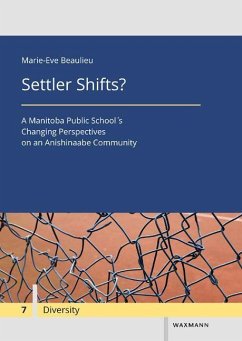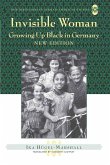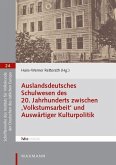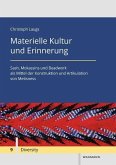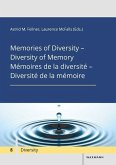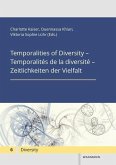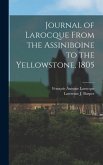The past few years in Canada have been marked by numerous events in the course of which Canadian Settlers were invited to reconsider their perspectives on, and practices toward the Indigenous population. Public schools are one of the main institutions directly invited to reflect on and challenge their own colonial legacy and ongoing colonial structures and practices. This project aims at better understanding how a K-12 Manitoba public-school and its Settler educators represent, reflect on, and practice their relationship to Indigeneity and to their Anishinaabe neighbors. It thus explores how Settlerness is constantly constructed, and how this takes shape in this public school, in the midst of the changing recognition of Indigenous Peoples in Canada. The research investigates structures of Settler dominations that were reproduced and disrupted in the school through changing practices.

